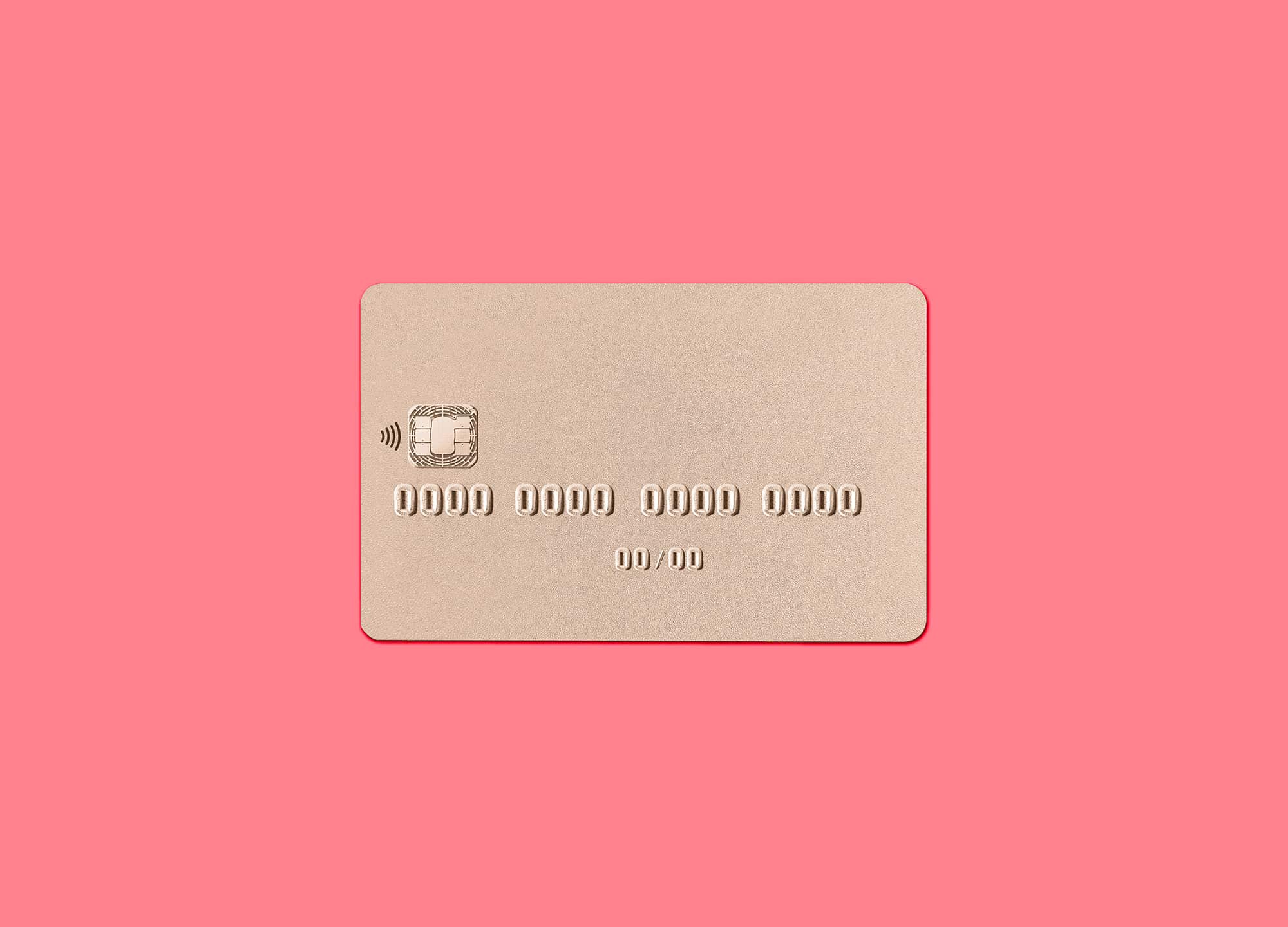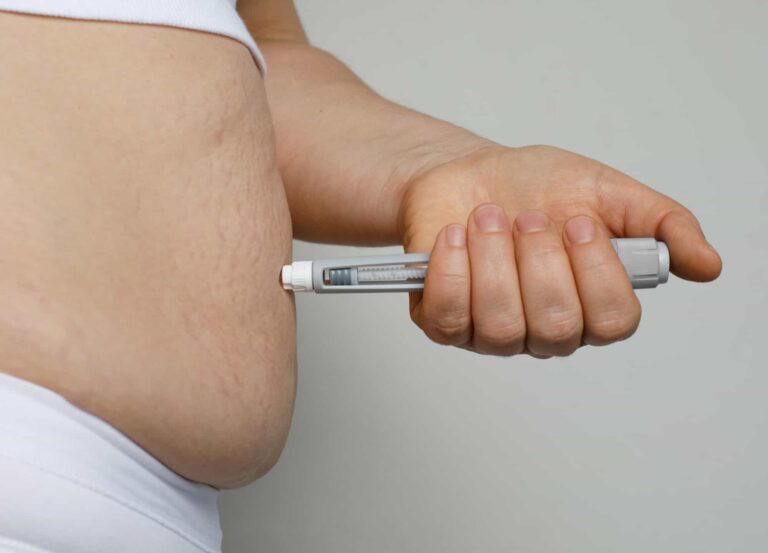For many people, the desire to invest in themselves with a plastic surgery procedure or aesthetic treatment is frustrated by the financial reality of how to pay for it. In 2021, Americans spent more than $14.6 billion on aesthetic procedures, according to a survey by The Aesthetic Society. But a 2021 survey of RealSelf members found that 38% of those who were seriously considering breast augmentation, liposuction, a tummy tuck, eyelid surgery, or a facelift didn’t go through with the procedure because of concerns about the cost.
So can you finance plastic surgery? The answer is a resounding yes, with many plastic surgery financing options that fit a variety of timelines and budgets.
How much does plastic surgery cost?
One of the most important things to know when you’re considering cosmetic surgery financing is how much your procedure will cost you. This is not the time to go bargain hunting: you’ll have the best chance of getting good results, safely, with an experienced, qualified provider.
Some medical practices list prices or will give you an average cost on the phone, but the best way to get a personalized cost estimate is to book an in-person consultation with more than one provider so you can compare their recommended treatment plans and all-in cost quotes.
As a starting point, you can find average costs and price ranges for more than 500 cosmetic procedures on RealSelf, based on what hundreds of thousands of real patients say they’ve paid. Here are the average costs of the most popular procedures.
- Brazilian butt lift: $6,650
- Breast augmentation: $6,575
- Breast implants: $6,375
- Breast lift: $8,100
- Breast reduction: $7,275
- Eyelid surgery: $4,675
- Facelift: $12,375
- Liposuction: $6,525
- Mommy makeover: $12,800
- Rhinoplasty: $7,750
- Tummy tuck: $8,375
Though some practices offer monthly payment plans, many require payment in full before your surgery. With such high costs, most patients cannot afford to pay so much up front, even via monthly installments, so that’s where financing can come in.
What types of plastic surgery financing options are there?
The best way to finance plastic surgery will largely depend on your particular financial situation, but there are three primary financing options.
1. Personal loans or medical loans
Typically ranging in amount from $1,000 to $50,000, a personal loan can be one of the more affordable financing options—depending on the APR (annual percentage rate). These APRs are fixed but strongly dependent on your credit score. The better your credit, the lower the interest rate will be. If your credit score is poor, you may not be approved at all. A personal loan can also be referred to as a medical loan.
- United Medical Credit
Type: Medical loan
Estimated APR: 2.99%–35.99%
Credit Score Range: potentially as low as 570
Loan Amount: up to $25,00 - Patientfi
Type: Medical loan
Estimated APR: 7.9%–26.99%, according to the company
Credit Score Range: N/A. According to the company, it performs only a soft credit check and also compares credit history, income, and other relevant information via a proprietary algorithm.
Loan Amount: up to $40,000
- Best Egg
Type: Personal loan
Estimated APR: 5.99%–35.99%, according to LendingTree.com
Credit Score Range: minimum of 600
Loan Amount: $2,000 to $50,000
2. Medical credit cards
A medical credit card is exactly what it sounds like—a credit card specifically meant to pay for medical expenses. It acts like any other credit card, and many have promotional 0% APR offers, but proceed with caution. If you don’t pay off the full amount in the allotted time, you may be hit with a high APR and have to pay all of that accrued interest.
- CareCredit
Estimated APR: 0%–26.99%
Credit Score Range: 660–850, according to LendingTree.com
Loan Amount: maximum credit limit of up to $25,000
- Alphaeon Credit
Estimated APR: 14.99%–28.99%, according to the company
Credit Score Range: at least 630, according to CreditGlory.com
Loan Amount: Maximum credit limit up to $25,000, according to WalletHub.com
3. Personal credit cards
You can also use an existing or new credit card to pay for your cosmetic procedure. Many of these have longer 0% APR promotional periods and specials than medical credit cards, particularly if you have good credit. You can also earn rewards, such as cash back and travel benefits, once you pay off the credit card.
However, putting a large sum on your personal credit card may affect how you can use your credit as well as your credit score, especially if you’re not able to make regular payments. And keep in mind that some credit cards also come with hefty annual fees.
How does plastic surgery financing work?
If you have good credit, you should be approved almost immediately. Most reputable financing companies can help you pay for a wide range of cosmetic and medical procedures, from surgical options such as rhinoplasty to nonsurgical ones such as Botox as well as even cosmetic dentistry. They’ll cover the costs up front so you can spend your time preparing for surgery and recovering, without worrying about writing a big check before your appointment.
You’ll be given several monthly payment options and can select the payment plan that makes the most sense for you, whether it’s repayment over the course of six months or spread across several years. (FYI, some may require that you make an initial deposit as well.) Most healthcare financing companies have a payment calculator on their sites, to help you determine what payment plan will work for you.
CareCredit and others offer the first six months interest-free—if you pay off your procedure in those six months; if you don’t, you’ll be charged interest retroactively on that initial period.
While it’s possible to find lenders with no-interest and deferred-interest options, most will expect you to pay a fee on top of your minimum monthly payment. Some lenders may also employ an origination fee, which essentially functions as a charge for processing your application and is typically 0.5% to 1% of the loan amount.
As with any other loan or credit card, it’s important to keep up on payments, to avoid having interest or penalty fees rack up.
Additionally, while it may seem wise to pay off all or part of your financing early if you find yourself suddenly able to, some lenders actually charge prepayment penalties, so it’s important to check your loan terms ahead of time in order to avoid any unexpected charges.
What are the pros and cons of cosmetic surgery financing?
If you are committed to getting a procedure but are wondering how to afford plastic surgery, there can be many advantages to financing your aesthetic treatment or plastic surgery procedure. But it’s not the best solution for everyone.
The pros
- When you make payments on time, financing offers a manageable way to achieve the cosmetic or medical improvements that you otherwise couldn’t afford.
- It can enable you to move forward with your procedure more quickly rather than having to wait for years to save up the full amount.
- People with good credit may even qualify for 0% interest financing, making the total cost the same as if you’d paid out of pocket.
The cons
- Any lifestyle changes that you don’t anticipate, like job loss or other unexpected expenses, can put a serious dent in your monthly budget and keep you from paying off your loan.
- If you are unable to pay your minimum monthly balance, you could rack up interest fees and easily get in over your head.
- Failed payments can negatively impact your credit score, making it harder to get loans in the future and increasing the cost of other services, like car insurance.
These risks compound if you choose the wrong surgeon, says Dr. Moises Salama, a board-certified plastic surgeon in Miami. “Have you found the most reputable surgeon for the desired procedure? And have you explored all the financing alternatives?” If you have a poor result or a complication and end up needing revision or reconstructive surgery, that will be another cost you’ll have to bear.
Plastic surgery financing with bad credit: What are your options?
Financing plastic surgery with bad credit can be difficult (or even impossible). Plastic surgery financing companies look at your credit history in order to gauge whether you’ll be able to make payments, so if your credit isn’t great, most will likely turn you down.
What qualifies as bad credit? It depends on which company you’re dealing with, but “fair credit” is usually considered 620 and above.
Some companies might still offer financing if you have bad credit, but you can expect to be saddled with a higher interest rate, all the way up to 35.99%, according to LendingTree.com. This will make your monthly payments more costly, not to mention add to the total price you’re going to end up paying.
Some people may contact multiple companies to finance a procedure. While it’s possible that this strategy might work, it will impact your credit score to make multiple “hard inquiries.”
With bad credit, you may have the option to get a cosigner, a family member or friend with good credit who is willing to help take on the risk and responsibilities of the loan.
If you still can’t get a loan and aren’t able to save up for the procedure, talk with your provider’s patient care coordinator. Some providers offer payment plans that don’t require a credit check.
How RealSelf can help you finance your procedure
To help simplify the process of finding a financing option that suits your circumstances, RealSelf has partnered with Lendvious, an online loan marketplace.
Input your information on the site, and Lendvious will show you prequalified offers from several leading providers, detailing the rates and terms. From there, you simply select the plan that makes the most sense for you, and you will be redirected to the lender’s website to finalize your online application.












Hi. We are an information and reviews site about cosmetic and elective treatments. Please contact CareCredit directly to report any suspected fraudulent activity regarding your account. Thank you!
Hi, thanks for your comment. You can research doctors in your area and request a consult through RealSelf. Please go to Find a Doctor to start your search today. Thanks!